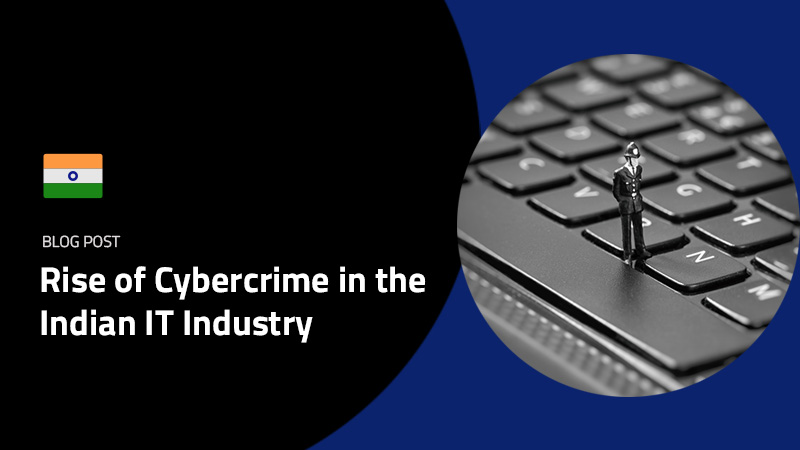Data including names, ID numbers and home address has been leaked in a massive database posted online, causing huge embarrassment for the Turkish government. While investigations are ongoing into just how the hack happened, it’s a timely reminder to make sure sensitive data in your business is protected as well as possible…
[Tweet “The personal information of around 50 million Turkish citizens has recently been leaked.”]
This impressive, yet shocking graphic from informationisbeautiful.net, shines light on just how many hacks are happening in the world now. From big business to governments and start-ups, everyone is at risk when there’s money to be made by cyber-criminals.
Preventative Measures
By now we know that data leaks pose a catastrophic risk, but how can you stop yourself from becoming a victim? There are a few best practices, here are two of our favorite ways:
1. Stepping up your security
It’s always advisable to have professionals set up anti-virus software to ensure your servers and devices are properly protected with the most up-to-date software. It’s also vital to update all software when you are alerted to do so, as these updates provide necessary protection against the latest hacks and malware currently spreading throughout the internet.

You should also make sure staff are aware of what to keep an eye out for, as many hacks are caused by human error, such as following a bad link or downloading a file masked as something else. A small investment in training your staff to spot suspicious emails and files, can save you major headaches later down the road.
2. Employee Monitoring Software
You may also want to consider installing employee computer monitoring software on all your company devices. With monitoring software you can do more than just check employee attendance and productivity, but also tell exactly what websites, files and emails your employees are accessing.
KnowIT for example can be installed remotely on all company devices and can be set-up to alert managers when employees are accessing website or files that are prohibited.
It’s a great way of reducing the human error that factors so regularly in successful hacks. A little monitoring and surveillance can save you a great deal of money, not to mention weeks of productivity lost to restoring infected files, etc…





